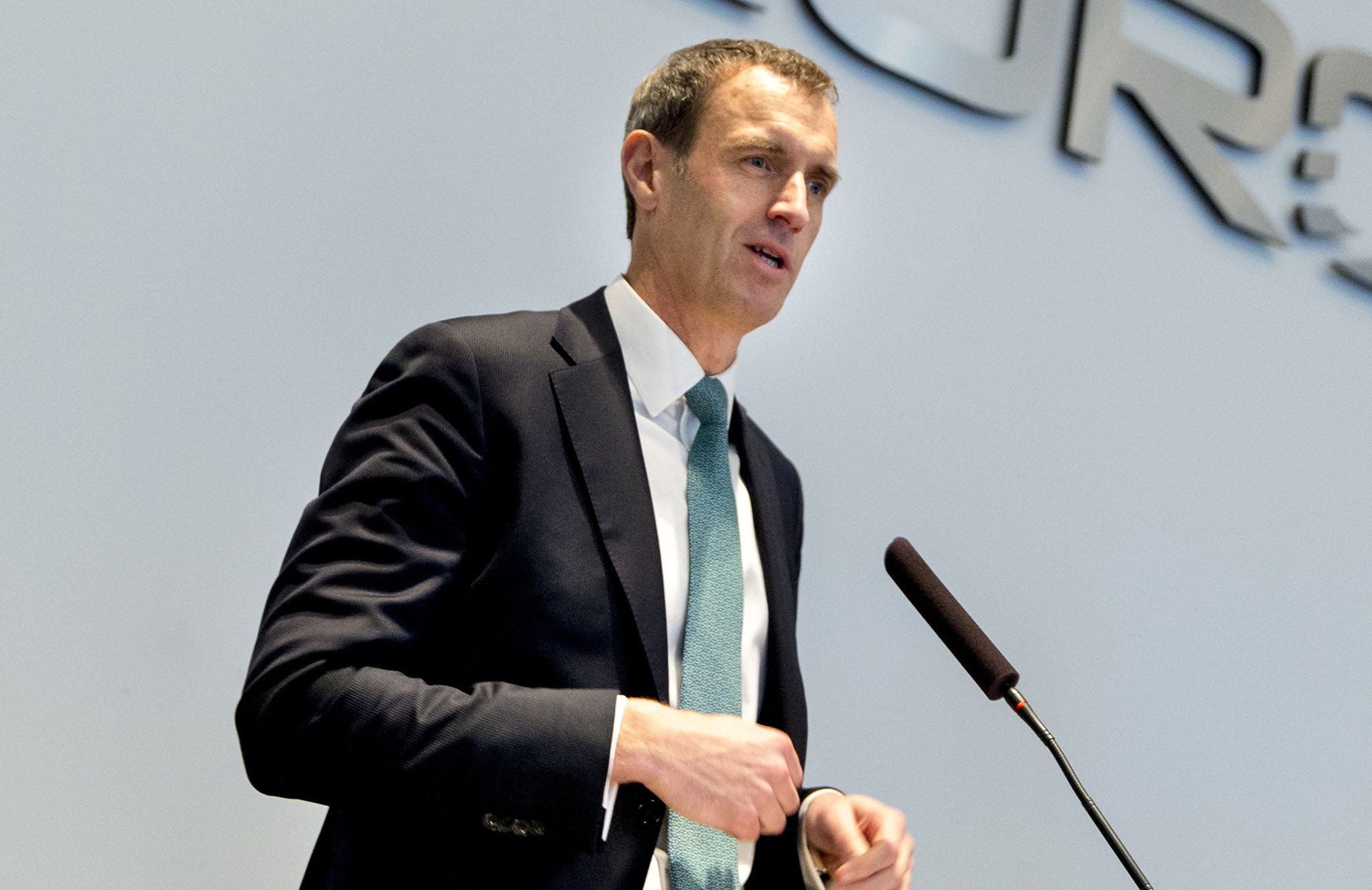EU-wide information system threatened by Brexit used by UK 539 million times every year, police say
'Criminal groups aren’t daft – it may be that they’re already thinking that if certain powers don’t exist there are opportunities of them to either operate here knowing it’s far harder to be extradited, or vice-versa'

An EU-wide database that is used by British police 539 million times every year is among the “vital” tools against crime and terrorism that could be lost after Brexit, officials have warned.
Police and intelligence services told a parliamentary committee they are “hoping for the best but planning for the worst” outcome from a proposed UK-EU security treaty.
Although there is will to retain cooperation on both sides, there is no guarantee that Britain will retain its current levels of access to Europol, the European Arrest Warrant, Prüm Convention on DNA data and European Criminal Records Information Exchange System (ECRIS).
Deputy Assistant Commissioner Richard Martin, of the Metropolitan Police, said there was “no alternative” to Schengen Information System II (SIS II), a huge database containing information on terrorists, criminals, missing people and objects.
He said British officers checked it 539 million times in 2017 alone, with their equipment currently searching SIS II and the police national criminal database simultaneously.
At the end of the year, there were 76.5 million alerts in relation to people and objects on SIS II, including 1.2 million from the UK.
“Crime by its very nature is extremely global, there aren’t really any borders so our ability to interact with the tools, processes and relationships we have now is critical,” Mr Martin told the House of Lords EU Home Affairs Sub-Committee.
“When looking to ensure communities are as safe as they possibly can be, those are the tools that we really need."

He revealed that police are working with the National Crime Agency on “contingency planning” in the case of a bad security deal or a gap between Brexit and a new treaty coming into effect.
Interpol’s I-24/7 system could be used instead of SIS II but would be “sub-optimal to what we have now” and need police to carry out at least two rounds of checks, explained the officer, who is the National Police Chiefs’ Council lead for Brexit and foreign offenders.
If the UK is excluded from the European Arrest Warrant system, which drives the extradition of up to 10,000 foreign offenders every year, it will have to fall back on a 1957 European Convention causing lengthy delays for court orders to be obtained.
“If there was a cliff-edge scenario next year we would have these fall-backs ready to use,” Mr Martin told peers. “They would be clunkier, they would be slower but we would still be able to operate.”
Steve Smart, director of intelligence at the National Crime Agency (NCA), said it was “looking at contingencies across the spectrum of potential outcomes, from what we’ve got plus all the way to no treaty”.
“Personally I think it unlikely that we won’t reach some kind of treaty, but it might not be everything we want,” he added.
“It could make us less dynamic, less effective, we won’t be able to work at the same speed.”
Mr Smart also said that any changes are likely to require an unknown increase in resources, in terms of both staff and money, from British law enforcement.
“There are difficulties and complications because this is not just about a security treaty, it is very much an issue for government,” he added.
“It’s vital for us to access the data in those systems and it’s also vital for our European partners that they can access our data.”
The main potential bar against continued cooperation with the EU is the government’s refusal to be governed by the European Court of Justice and strict data protection rules.
Mr Smart said agencies are currently working on the basis that a bill currently going through parliament will align Britain to European standards and enable transfers to continue.
The government has insisted that the treaty being drawn up will not damage national security or the UK’s ability to fight crime, and is attempting to stay inside Europol.
But the Europe-wide law enforcement body’s former director, Rob Wainwright, has said there will “no doubt” be a loss of British influence.
“The seat at the table will either be fully gone or half gone,” he added.
Mr Martin warned that criminals would try to exploit any perceived weakness in Britain’s security apparatus after Brexit.

He told the committee: “Criminal groups aren’t daft – it may be that they’re already thinking that if certain powers don’t exist there are opportunities of them to either operate here knowing it’s far harder to be extradited, or vice-versa.”
Asked whether there were any advantages of Brexit, he said strengthened border checks are dependent “on the information we have” from Europe.
Mr Smart said borders were “becoming less relevant” in the fight against crime, with the rise in online offences and complex international networks.
“It’s possible to commit a crime anywhere in the world from the UK, and to commit a crime in the UK from anywhere in the world,” he added.
“The threat we face is growing both in volume and complexity.”
Mr Smart cited one example organised crime such as in the Western Balkans, where the UK and EU allies are working to combat increasingly trafficking in people, guns and drugs.
The hearing was one of several sessions for the House of Lords EU Home Affairs Sub-Committee’s inquiry on the proposed UK-EU security treaty.
In a paper on post-Brexit security, the government called for a partnership “that goes beyond the existing, often ad hoc arrangement for EU third-country relationships,” and has supported the idea of a treaty that would provide “a legal basis” for continued cooperation.
Join our commenting forum
Join thought-provoking conversations, follow other Independent readers and see their replies
Comments
Bookmark popover
Removed from bookmarks